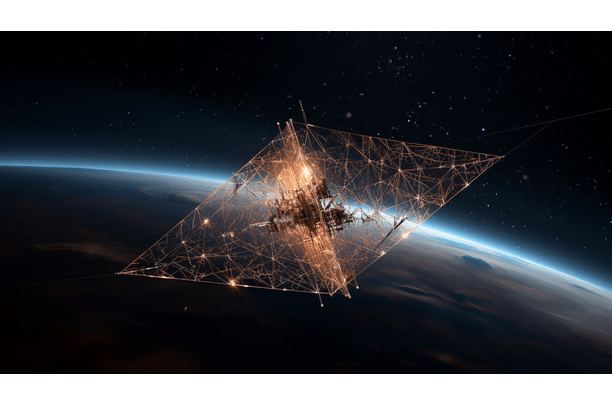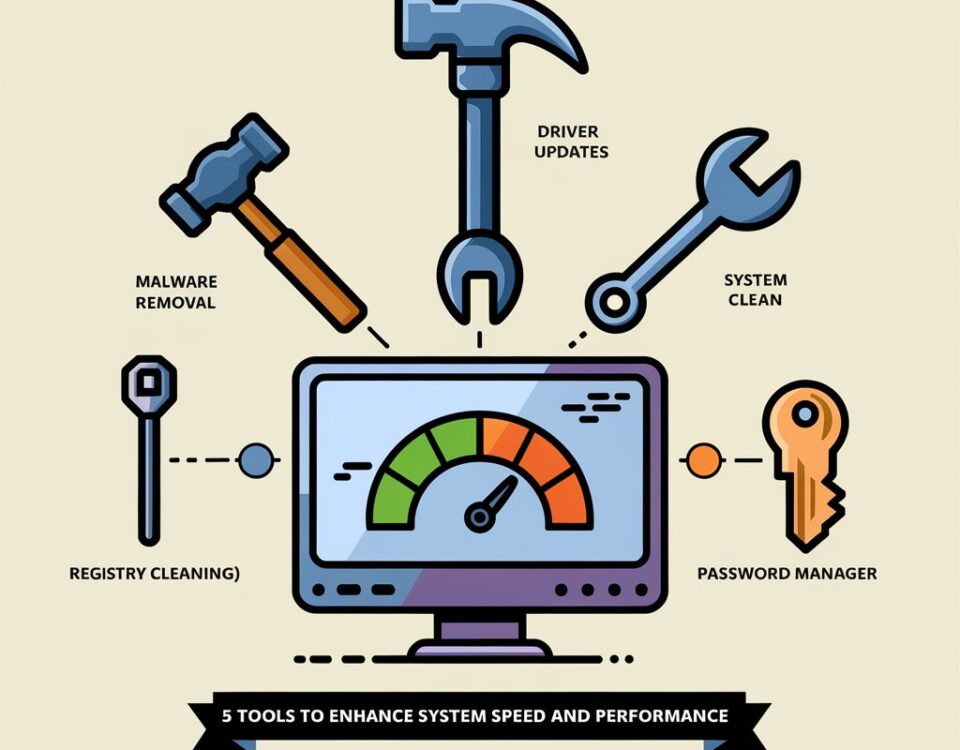
Generative AI and Machine Learning: Revolutionizing the Future
September 6, 2024
E-Ink and Smart Gadgets: The Future of Efficient Technology
September 6, 2024Keywords: Quantum Computing, Space Technologies, Quantum Mechanics, Quantum Supremacy, Space Exploration, Quantum Algorithms, Satellite Technology, Quantum Communication.
The convergence of quantum computing and space technologies represents a bold leap into the future, promising to revolutionize fields from cryptography to space exploration. As we step further into the 21st century, the race to harness quantum mechanics for computational and technological advancements is accelerating, with both public and private entities striving to push the boundaries of what is possible. This article delves into the fascinating worlds of quantum computing and future space technologies, exploring their potential, challenges, and symbiotic evolution.
Key Features of Quantum Computing:
- Quantum Algorithms: Algorithms like Shor’s algorithm and Grover’s algorithm are designed specifically for quantum systems, offering exponential speed-ups for problems like integer factorization and unstructured search.
- Quantum Cryptography: Uses quantum mechanics to enhance security, ensuring that any eavesdropping attempts are detectable.
Future Space Technologies: The Next Frontier
The field of space technology is rapidly evolving with advancements in satellite technology, deep-space exploration, and the development of space habitats. Emerging technologies aim to enhance our understanding of the universe, improve global communications, and ensure sustainable human presence beyond Earth.
Key Areas of Future Space Technologies:
- Advanced Propulsion Systems: Innovations like ion propulsion and nuclear thermal propulsion are being developed to make space travel faster and more efficient.
- Satellite Technology: Miniaturized satellites, or CubeSats, are revolutionizing Earth observation, communication, and research, allowing for cost-effective and scalable space missions.
- Space Mining and Resources: The concept of mining asteroids for precious metals and water is gaining traction, with companies exploring the potential for in-situ resource utilization (ISRU) to support longer missions.
The Intersection of Quantum Computing and Space Technologies
The integration of quantum computing with space technologies opens up a realm of possibilities that could redefine how we explore and utilize space. Here are some key applications:
- Quantum Communication for Space Missions: Secure communication is critical for space missions. Quantum key distribution (QKD) allows for ultra-secure transmission of data, which could be vital for future missions to the Moon, Mars, and beyond.
- Optimization of Space Exploration Algorithms: Quantum computers could optimize complex algorithms required for space missions, including trajectory optimization, resource allocation, and machine learning models for analyzing vast amounts of space data.
- Enhanced Satellite Networks: Quantum computing can improve satellite network efficiency by optimizing routing, minimizing latency, and enhancing the encryption of satellite communications, paving the way for more secure and reliable global communication networks.
Applications and Benefits
- Real-time Data Processing: Quantum computers could analyze massive amounts of data collected by space telescopes and satellites in real time. Allowing for quicker and more accurate predictions of cosmic events like solar flares and asteroid trajectories.
- Space Weather Forecasting: Improved quantum algorithms could lead to more accurate models for predicting space weather. Such as solar storms, which can affect satellite operations and astronaut safety.
- Deep Space Exploration: Quantum-enhanced machine learning models can process the huge datasets generated by space missions. By providing deeper insights into planetary science, astrochemistry, and exoplanet detection.
Challenges and Future Prospects
While the future of quantum computing and space technologies is promising, there are significant challenges:
- Technical Limitations: Current quantum computers are still in the nascent stages, with qubit. Coherence times and error rates posing substantial hurdles.
- High Costs: Both quantum computing and space missions require substantial investment in research, development, and infrastructure.
- Ethical and Security Concerns: The potential misuse of quantum technologies in warfare or for breaching cryptographic systems. Raises ethical and security concerns that need to be addressed.
Conclusion
Quantum computing and future space technologies represent the frontier of human innovation, pushing the limits of what we can achieve. As research and development continue, these fields will likely converge. Leading to unprecedented advancements in space exploration, global communications, and computational capabilities. The journey to harness the full potential of quantum mechanics in space is just beginning. And the coming decades promise to be an exciting era of discovery and innovation.
By merging the cutting-edge fields of quantum computing and space technology. Humanity is not only aiming to solve complex problems on Earth but also to expand its horizons beyond the stars. The future is quantum, and it is interstellar.




